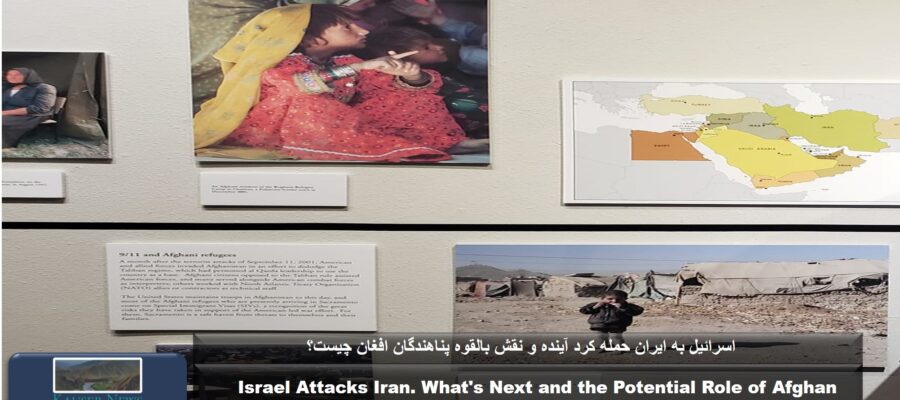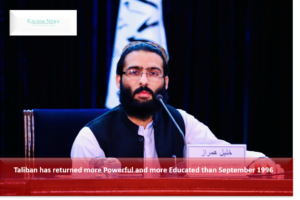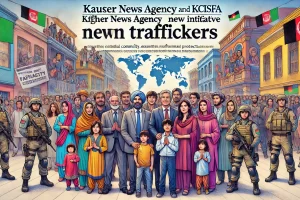Recent developments have thrust the Middle East into a precarious position once again, as reports surface of Israel launching an attack on Iran. The implications of such an event are profound, with the potential to escalate tensions in an already volatile region. As the world watches with bated breath, one question looms large: what comes next?
The dynamics of conflict in the Middle East are complex and multifaceted, often influenced by historical grievances, geopolitical rivalries, and religious tensions. An attack by Israel on Iran, two major players in the region, has the potential to set off a chain reaction of events with far-reaching consequences.
In the wake of such an attack, it is crucial to consider the possible responses from the Iranian government. Iran, known for its strategic maneuvering and regional influence, is unlikely to remain passive in the face of aggression. While overt retaliation may be one option, Tehran could also explore alternative avenues to assert its dominance and challenge its adversaries.
One such avenue could involve leveraging the presence of Afghan refugees within its borders. Iran has a significant population of Afghan refugees, many of whom have fled conflict and instability in their homeland. In the past, Iran has demonstrated a willingness to mobilize such populations for its own strategic objectives, as evidenced by its involvement of Afghan fighters in the Syrian civil war.
Drawing parallels to the Syrian conflict, where Iran utilized Afghan refugees to bolster its military efforts, it is conceivable that Tehran may adopt a similar approach in the event of a confrontation with Israel. By tapping into this resource pool, Iran could potentially bolster its military capabilities and expand its sphere of influence in the region.
The utilization of Afghan refugees in a conflict scenario raises ethical and humanitarian concerns. These individuals have already endured immense hardship and displacement, and their involvement in warfare only exacerbates their vulnerability. Moreover, it risks further destabilizing an already volatile region and perpetuating cycles of violence and suffering.
From a geopolitical perspective, the involvement of Afghan refugees in a potential conflict between Iran and Israel could also have broader implications. It could strain Iran’s relations with neighboring countries, particularly those hosting significant Afghan refugee populations. Furthermore, it may draw international condemnation and scrutiny, complicating Iran’s diplomatic position on the global stage.
As the situation unfolds, it is imperative for all stakeholders to prioritize diplomacy and dialogue as a means of resolving tensions and preventing further escalation. The international community must remain vigilant and actively engage with all parties involved to mitigate the risk of conflict and promote peace and stability in the region.
The reported attack by Israel on Iran has heightened tensions in the Middle East and raised concerns about the potential consequences of such actions. While the exact course of events remains uncertain, the possibility of Iran leveraging Afghan refugees in a conflict scenario underscores the need for a coordinated and multilateral approach to de-escalation and conflict resolution. Only through dialogue and cooperation can the region hope to navigate these turbulent waters and chart a path towards peace and stability.





